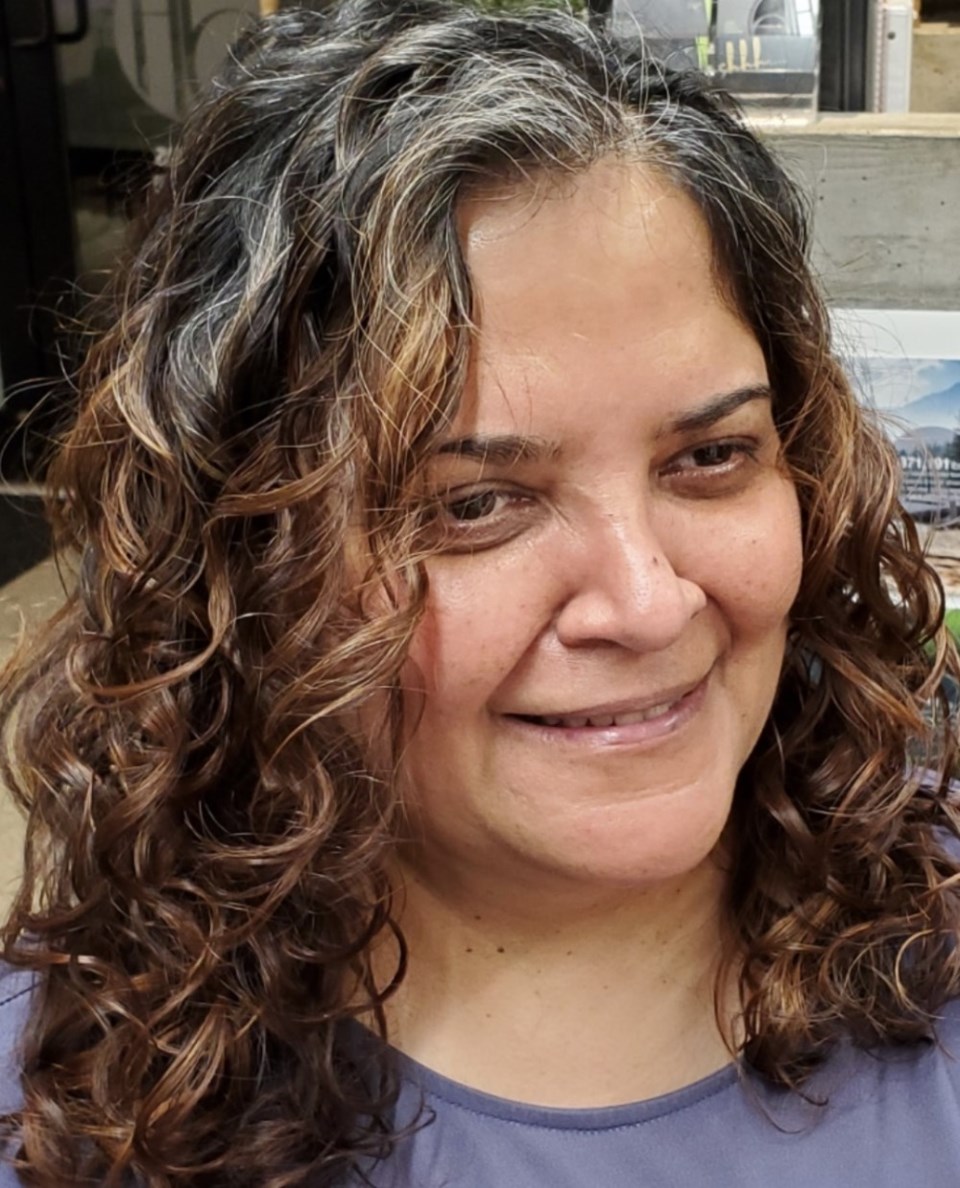As the busy-ness of the school year comes to an end, we embrace the warmth of the summer and the opportunity it brings for rejuvenation as we unwind and spend time with our families and friends, and engage in community events that keep our city buzzing through the summer. As summer dawns upon us, I reflect upon the recent years when the most fundamental issues of our time came to the forefront. More importantly, the motivation to address these issues came through loud and clear. It came through in our societies and workplaces through renewed commitments to reconciliation, anti-racism, equity, inclusion and accessibility. Underlying these motivations is the spirit of the human connection, and learning how to connect meaningfully with our fellow human beings no matter what their cultural background.
Cultural intelligence is one’s ability to relate and work effectively with people of diverse cultural backgrounds. However, culture, in this context can be thought of as a group of individuals who share the same beliefs, values, assumptions, and behaviors. These include, among others, ethnic groups, nations, organizations, generations, and yes, religions too. All faith traditions support the notion of a common humanity. Personally, I have been guided by this verse of the Holy Quran that states:
"O humanity! Indeed, We created you from a male and a female, and made you into peoples and tribes so that you may ˹get to˺ know one another. Surely the most noble of you in the sight of Allah is the most righteous among you. Allah is truly All-Knowing, All-Aware". (Holy Quran, 49:13)
Cultural intelligence, or CQ is a framework that allows us to intentionally develop the ability to “know one another”, and learn to relate and work effectively with each other. CQ starts with motivation. What drives us to relate, work and engage effectively with our fellow human beings? How do we develop that motivation to engage meaningfully? Next, one needs to gain the knowledge required for effective engagement across difference – one cannot be expected to know everything about another person or culture; however, a broad understanding of similarities and differences between cultural groups becomes an important guide in intercultural engagement. This knowledge then allows us to be strategic in the way we engage in that context, where we can be more aware of our own limitations and biases, plan for, and be reflective in the way we engage before, during and following our engagements. These steps define the work we need to do internally so that when we actually engage with someone different from us, we act in an appropriate and respectful way while staying true to ourselves. The sequential nature of this framework is important, and all four components are necessary. One cannot be expected to succeed if they have all the knowledge they need but no motivation to apply that knowledge, and using knowledge without strategy where we do not check our assumptions and biases, or think about the impact of our actions, can lead to stereotypical behaviours and generalizations that cause harm.
While cultural intelligence may not be the answer to solving the problems of our world, I offer this framework developed by Earley & Ang in 2003, as a tool that we can adapt as we take steps toward building a more pluralistic society where we embrace difference rather than reject it, and see it as a strength rather than a weakness. . Cultural intelligence is a journey of development – small steps at a time that can lead to meaningful engagement between people of diverse backgrounds, helping us enact the values of our faith into action. After all, it all starts with us as individuals, wouldn’t you agree?
Blessed to be a visitor on the traditional territories of the lək̓ʷəŋən, Songhees, Esquimalt and W̱SÁNEĆ peoples, Karima Ramji is an advanced Certified Cultural Intelligence (CQ) Trainer. In addition to her career as a co-operative education professional at the University of Victoria, she provides cultural intelligence assessment and training for organizations wishing to understand the “How” of Diversity, Equity and Inclusion. Learn more at culturalintelligencematters.org
You can read more articles on our interfaith blog, Spiritually Speaking at https://www.timescolonist.com/blogs/spiritually-speaking
* This article ws published in the print edition of the Times Colonist on Saturday, June 17th 2023



